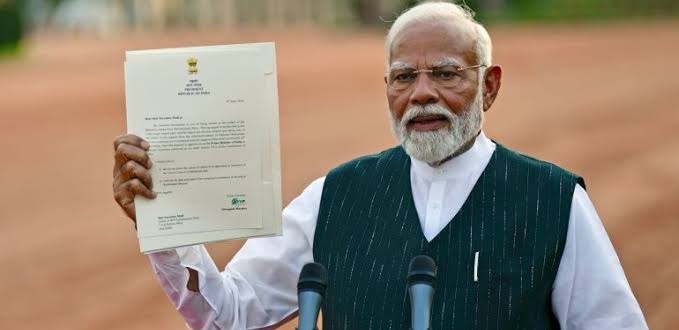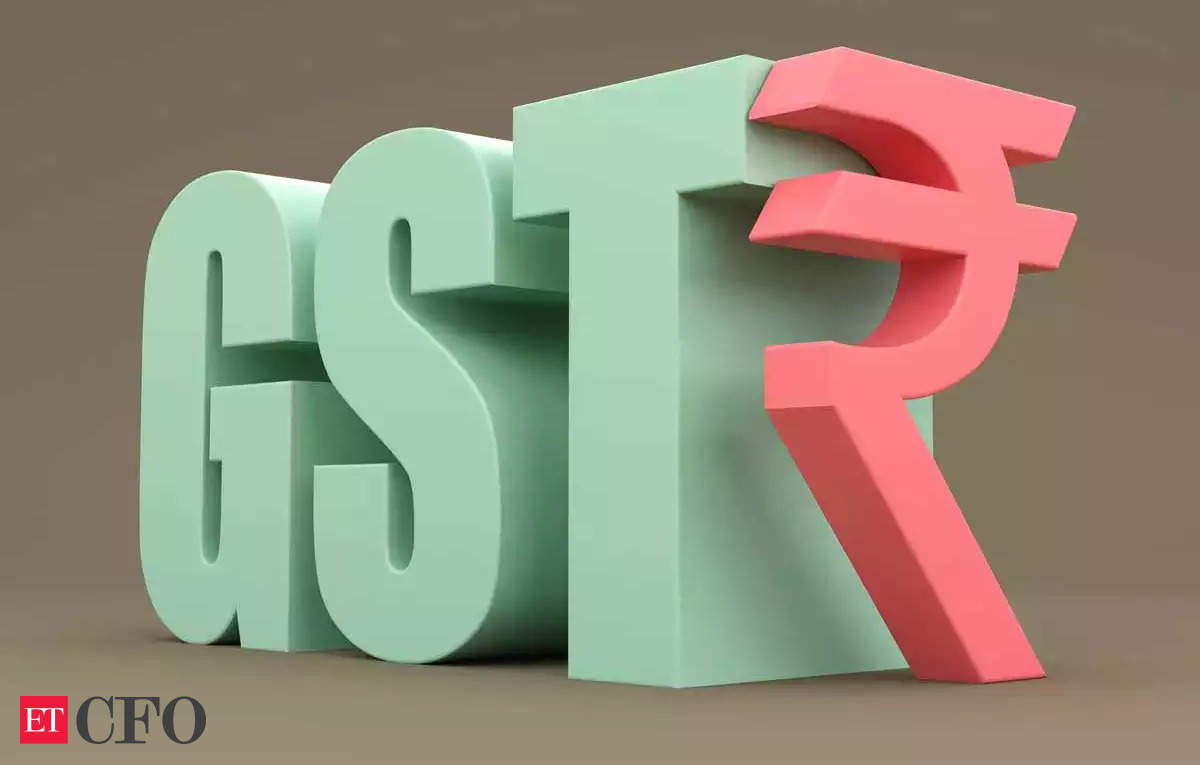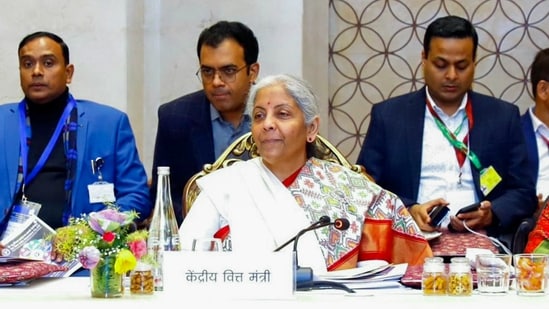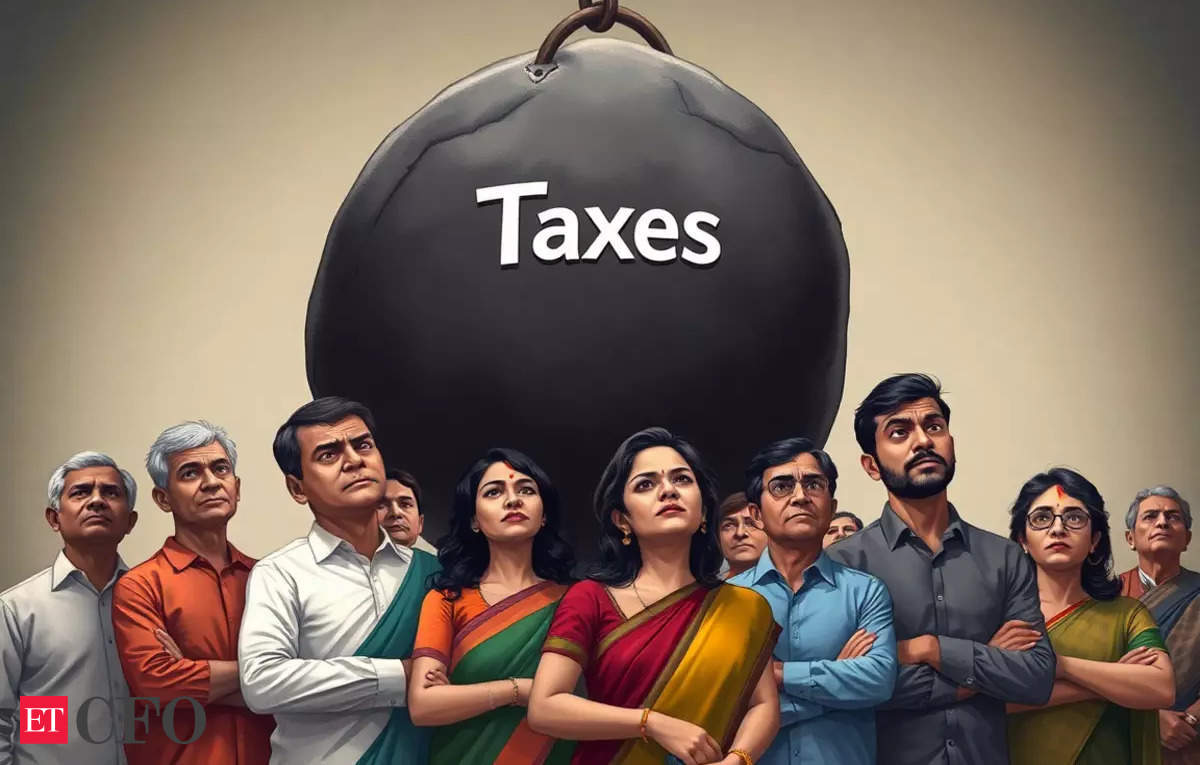There is no compulsion for states to adopt it and there will be no change in tax treatment under the UPS, Nirmala Sitharaman said
The Unified Pension Scheme (UPS) is “not a compulsion for states” since they are capable of making their own decisions, Finance Minister Nirmala Sitharaman said on Tuesday, August 27, 2024, but added that she hoped most states would adopt it “as it has a lot of benefits for employees.”
What is the Unified Pension Scheme (UPS)?
The Union Cabinet on Saturday, approved the UPS for over 2.3 million central government employees, offering assured pension of 50% of the average basic pay over the last 12 months prior to the superannuation, for a minimum 25 years of qualifying service.
The scheme also includes two more components, which is family pension and assured minimum pension.
The employees’ family will receive 60% of the pension upon their demise and the UPS also assures a minimum pension of ₹10,000 per month upon superannuation after 10 years of service at minimum.
The pension amount would be proportionate for shorter service periods, down to a 10-year minimum.
The expenditure for arrears will be ₹800 crore with an annual cost increase of about ₹6,250 crore in the first year.
Why was the Unified Pension Scheme (UPS) brought in?
“The UPS is an attempt to improve the existing National Pension System (NPS),” Sitharaman said in her first official comments on UPS during a select media briefing here. “There is no rollback or U-turn by introducing assured pensions under UPS.”
Benefits under the UPS will be given on a pro-rata basis if the service period is less than 25 years. Tax treatment will also remain unchanged.
Visit www.cagurujiclasses.com for practical courses











